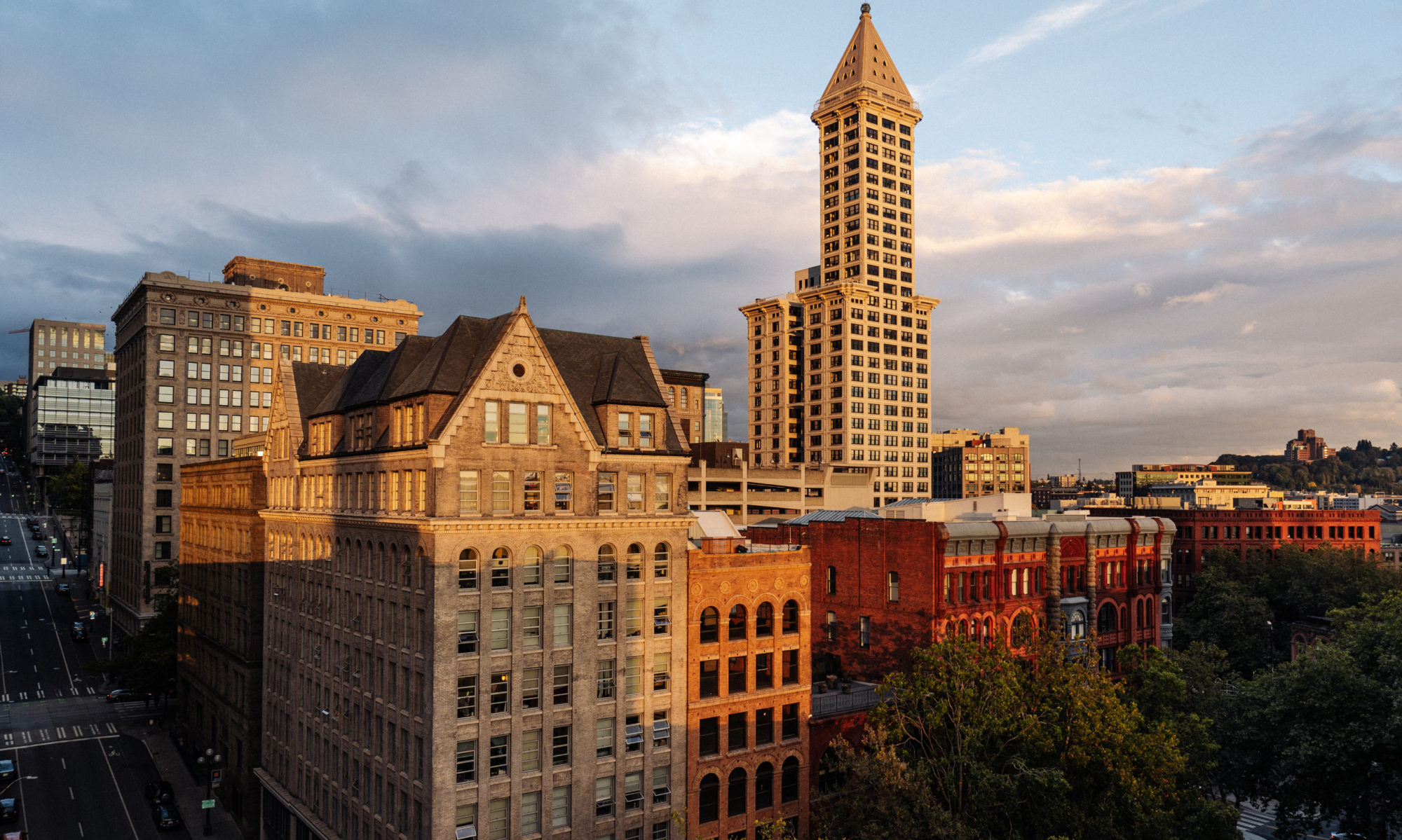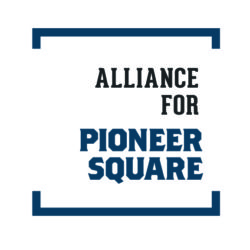Table of Contents
Resources
- Info sheet of City services and community resources for those experiencing homelessness.
- Visit the City’s hygiene resource map.
- Use the Find it/Fix it app to report trash, illegal dumping, bio-waste, and obstructions or contact the Customer Service Bureau at 206-684-2489. Read more about Seattle’s Clean City Initiative here.
- Public right of ways, such as sidewalks, planting strips or green belts not part of Parks Department: Contact the Seattle Department of Transportation.
- Homelessness Response Resources and Human Services: homelessness@seattle.gov.
- Issues in City Parks: PKS_Info@seattle.gov.
- Vacant or abandoned buildings: Barbara Graff, Seattle Department of Construction and Inspection at Barbara.graff@seattle.gov.
- Illegal structures, housing and zoning issues: Scott Thiessen, Seattle Department of Construction and Inspection at scott.thiessen@seattle.gov.
Reporting
How to Report
- 9-1-1 for both emergency and non-emergency reporting. 9-1-1 data informs police resource allocation at the City level.
- If police need to be aware of on-going drug activity but doesn’t require immediate response can be reported online as a Narcotics Activity Report or by calling 206-684-5797.
- The “Find It, Fix It” app allows users to report selected issues to the City of Seattle, including abandoned vehicles, clogged storm drains, graffiti and illegal dumping. Once downloaded, report an issue in the app by submitting a photo with detailed information and using the map’s “drag and drop” feature to pinpoint the location. For more information and a full list of service request categories, visit the city’s customer service bureau website.
Who to Report to
- 2-1-1: an easy-to-remember phone number for people to call for health and human service information and referrals and other assistance to meet their needs.
- The Metropolitan Improvement District (MID) funded Clean Team is currently providing cleaning services limited to :
- Trash removal from sidewalks, alleys and curb edges
- Quick-response animal and human waste cleanup
- Syringe removal
- Alley cleaning
Ambassador hours of operation will be as follows:
- Clean Team: Monday-Friday, 6 a.m-7 p.m.; Saturday-Sunday and 7 a.m.-7 p.m.
- Safety Team: Monday-Wednesday, 7:30 a.m.-6:30 p.m.; Thursday-Friday, 7:30 a.m.-7:30 p.m.; Saturday-Sunday, 9 a.m.-7:30 p.m.
- Parks & Public Spaces Team: Sunday-Saturday, 9:30 a.m.-5 p.m.
- Outreach Team: Monday-Friday, 8 a.m.-4:30 p.m.
You can request service via phone at 206-441-3303 or submit a request online. If you see damage to private property or public infrastructure, report it using this form in addition to contacting SPD. You can leave a detailed message after hours or dial 911 in case of an emergency.
- National Suicide Prevention Lifeline: The National Suicide Prevention Lifeline is a national network of local crisis centers that provides free and confidential emotional support to people in suicidal crisis or emotional distress 24 hours a day, 7 days a week
Resources
- Non-police public safety numbers: comprehensive list of non-police public safety contacts
- SPD West Precinct Public Safety contacts: comprehensive list of SPD public safety contacts in the west precinct
- Vacant Properties: The City of Seattle has regulations and standards for maintaining vacant properties. These standards focus on keeping buildings closed to unauthorized entry and maintaining the structure and yard areas to prevent the accumulation of waste and deterioration of the building. Click here for more information.
- Crime Prevention Coordinator: Crime Prevention Coordinators are experts in crime prevention techniques. You can talk to them about ongoing crime problems in your neighborhood, getting involved in Block Watch, CPTED Assessments and setting up a meeting to train you and your neighbors on crime prevention tips. Email Barb Biondo at barbara.biondo@seattle.gov or call (206) 233-0015.
- AlertSeattle: the official emergency notification system used by the City of Seattle to communicate with city residents during emergencies. Sign up now to receive free alerts from the City via text message, email, voice message or social media.

